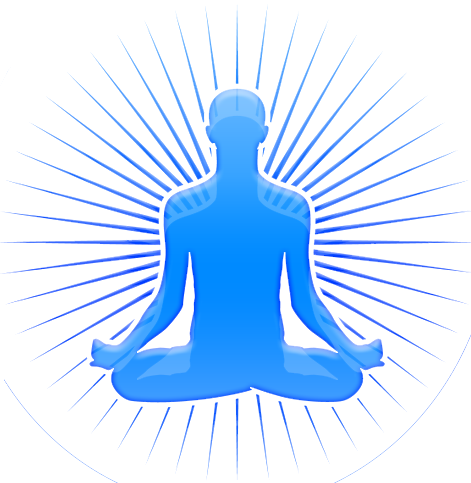What is Anxiety Induced Insomnia?
Anxiety-induced insomnia is a sleep disorder that is caused by anxiety. This can make it difficult for someone to fall asleep and stay asleep. Anxiety-induced insomnia can also lead to daytime fatigue and problems with concentration.
Root Cause of Anxiety-Induced Insomnia?
There are many reasons why a person may develop anxiety-induced insomnia, but the root cause is usually something emotional or physical. For example, a person may be struggling with unresolved grief or anxiety over a previous trauma. In these cases, the anxiety is keeping the person from winding down at night and sleeping soundly.
However, not all cases of anxiety-induced insomnia are due to emotional factors. Physical conditions such as stress urinary incontinence (SUI) or chronic pain can also lead to sleeplessness because of the physical symptoms that accompany these conditions. In these cases, it is important to seek out medical help to treat the underlying physical issue.
Once you know the root cause of your anxiety-induced insomnia, there are several things you can do to treat it. First, try relaxation techniques such as yoga or meditation. These practices help reduce stress
Home Treatment for Anxiety-Induced Insomnia?
If you’re struggling to get to sleep because of anxiety, there are a few things you can do at home. Some people find that taking a before-bed routine (read: relaxing activities) helps them wind down and drift off easier. Others find relief from over-the-counter sleep aids like melatonin or benzodiazepines. If all else fails, consider seeking professional help. A sleep specialist can help you figure out the root of your anxiety and recommend the best way to treat it.
Prescription Therapies for Anxiety-Induced Insomnia?
Anxiety-induced insomnia is an umbrella term that includes several different sleep disorders. These disorders are caused by anxiety and can lead to disrupted sleep. Some of the most common anxiety-induced sleep disorders include:
• Insomnia due to primary anxiety disorder
• Insomnia due to secondary anxiety disorder
• Insomnia due to stress or chemical imbalance
Many people experience one or more of these sleep disorders at some point in their lives. If you’re experiencing trouble sleeping, it may be worth seeking out a professional diagnosis and treatment. In general, there are a few types of prescription therapies that can help relieve symptoms of anxiety-induced insomnia. Each has its own set of benefits and drawbacks, so it’s important to explore all your options before making a decision.

